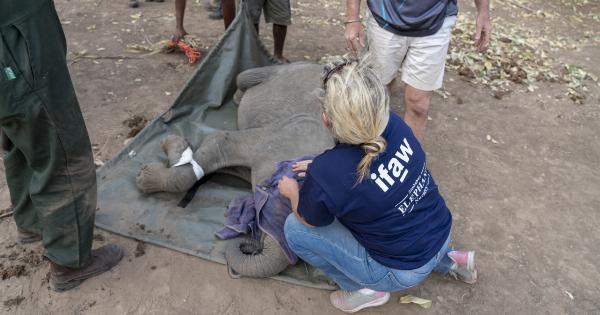Water is undoubtedly one of the most essential resources for our survival. Not only is it used for drinking and cooking, but it also plays an important role in various other sectors such as agriculture, industry, and tourism.
However, despite the importance of water, it can also pose a significant threat to our safety and health, especially if proper precautions are not taken. In many parts of the world, drowning is one of the leading causes of death among children, and water-borne illnesses often claim numerous lives each year.
This is why it is crucial to promote water safety awareness and implement programs that mitigate the risks associated with water.
Ministry of Health and Water Safety
As one of the most prominent government bodies responsible for public health, the Ministry of Health has an essential role to play in promoting water safety.
The Ministry can contribute to this issue in various ways, such as developing guidelines for water safety, setting standards for safe drinking water, and conducting research to identify and address potential health risks associated with water. Not only can these efforts help save lives, but they can also ensure that the quality of life of the population is improved.
Initiated National Water Safety Program
Recognizing the importance of water safety, the Ministry of Health has initiated a National Water Safety Program aimed at increasing awareness about safe water practices and minimizing risks associated with water.
The program is designed to provide a comprehensive approach to water safety, covering various aspects such as public education, policy and regulation, water quality testing, and response to water-related emergencies.
Public Education
One of the key components of the National Water Safety Program is public education. The program aims to raise awareness about the risks associated with water, especially the dangers of drowning and water-borne illnesses.
The Ministry of Health will partner with various stakeholders such as schools, community groups, and local authorities to disseminate information about safe water practices. This may include creating educational materials such as brochures, posters, and videos, conducting training sessions for teachers and community leaders, and organizing public events to raise awareness about water safety.
Policy and Regulation
Another critical aspect of the National Water Safety Program is policy and regulation. The Ministry will work towards establishing and enforcing standards for safe drinking water, recreational water, and wastewater.
This may involve developing guidelines for water quality testing and treatment, licensing businesses that provide recreational water activities, and ensuring that effluent standards for wastewater are met. The Ministry will also collaborate with other government agencies to establish policies and regulations that promote water safety across all sectors.
Water Quality Testing
The National Water Safety Program will also place an emphasis on water quality testing. The Ministry will invest in the necessary infrastructure and equipment to monitor water quality and identify potential health risks associated with water.
This may involve deploying testing kits to local communities, collecting and analyzing water samples, and establishing a centralized database for water quality data.
Response to Water-Related Emergencies
In the event of water-related emergencies such as floods, the Ministry of Health will work closely with local authorities and other emergency response teams to mitigate the risks associated with water.
This may involve providing medical assistance to individuals who have been affected by water-borne illnesses or providing rescue services to individuals who are at risk of drowning. The Ministry will also conduct post-incident analyses to identify areas for improvement and develop contingency plans for future emergencies.
Conclusion
The National Water Safety Program initiated by the Ministry of Health is a critical step towards promoting water safety and mitigating the risks associated with water.
By adopting a comprehensive approach to water safety, the Ministry aims to raise awareness about safe water practices, establish policies and regulations that promote water safety, test water quality to identify potential health risks, and respond to water-related emergencies. The success of this program relies on collaboration between the Ministry of Health, other government agencies, local communities, and stakeholder groups.































